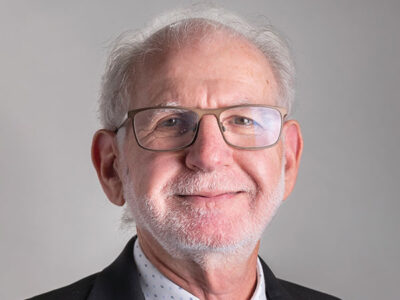A federal judge has blocked the Health Resources and Services Administration from rolling out a pilot program that would reimburse safety net hospitals that get a discount on drugs through the 340B program via a rebate, as opposed to the status quo of up-front savings. The preliminary injunction was issued on Dec. 29, just a few days before the program was slated to begin on Jan 1.
Will Parsons was appointed as chief of the Division of Hematology-Oncology in the Department of Pediatrics at Baylor College of Medicine and director of Texas Children’s Cancer and Hematology Center, effective immediately.
American Center for Cures and BlueCloudX announced a strategic collaboration aimed at accelerating the development of cures for major diseases while dramatically reducing the time, cost, and complexity of clinical research.
Robert S. Negrin, professor of medicine at Stanford University, will serve as president of the American Society of Hematology for a year-long term through December 2026.
Joshua J. Cooper has been named executive vice president of government relations, economics, and health policy at the American College of Radiology.
The Northwell Cancer Institute opened a $1 million high-dose rate brachytherapy radiation medicine suite at the R.J. Zuckerberg Cancer Center, located near the border of Long Island and Queens.
The Health Resources and Services Administration released updated cervical cancer screening guidelines that include a new option for women to self-collect samples for screening.
The Alliance for Clinical Trials in Oncology initiated a randomized phase III clinical trial called RECIPROCAL to explore whether doctors can optimize the timing of targeted radiation therapy to minimize side effects while preserving efficacy in men with advanced prostate cancer.
Researchers at WashU Medicine and their collaborators created an immune cell atlas of the bone marrow of patients with multiple myeloma, which researchers hope could improve prognosis and guide development of new immunotherapies.
A research team at Oregon Health & Science University discovered a promising new drug combination that may help people with acute myeloid leukemia overcome resistance to one of the most common frontline therapies.








